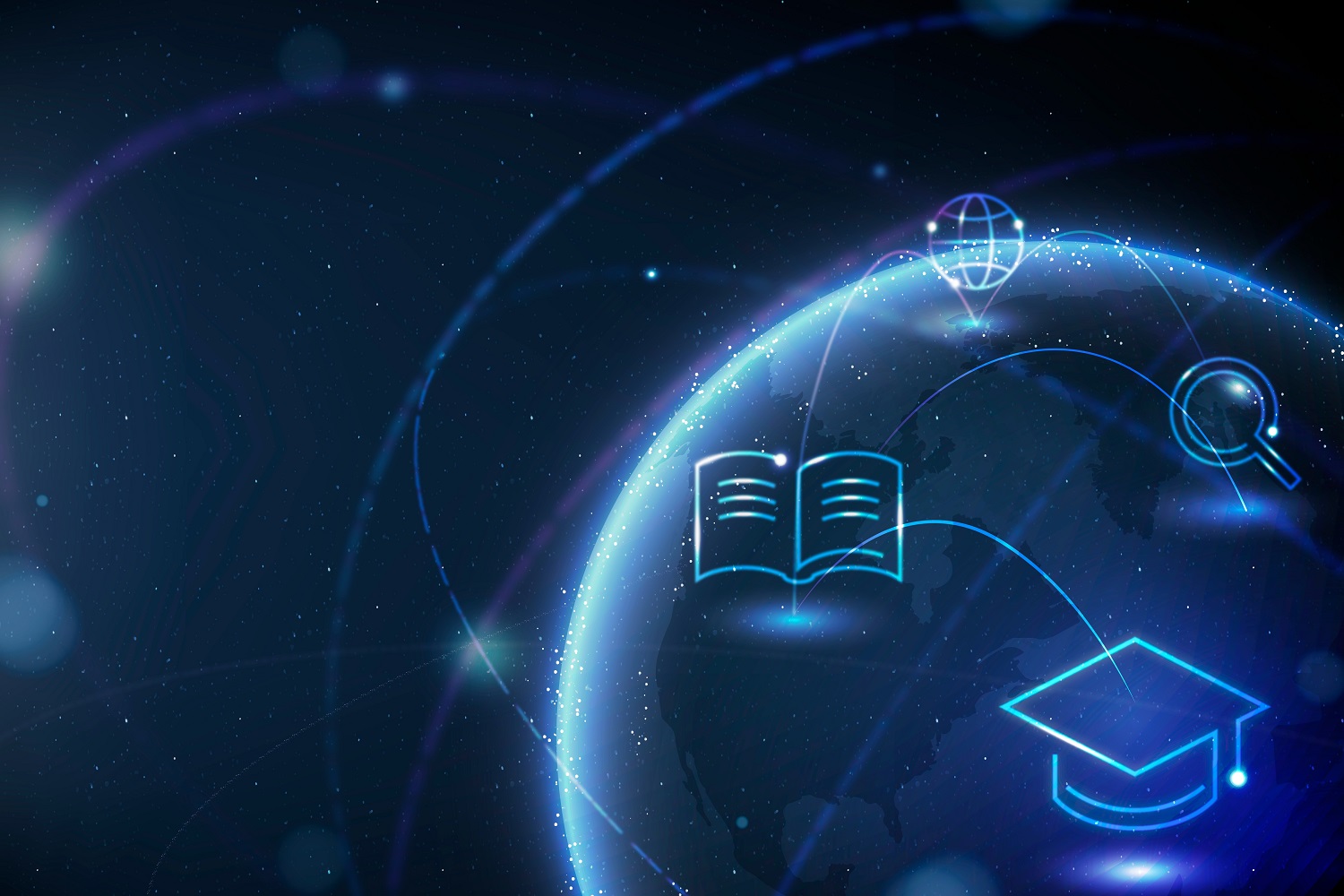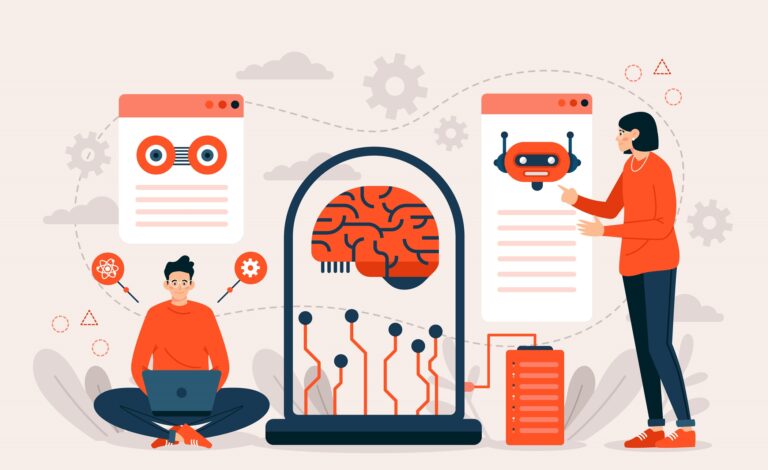AI and Education: How AI Tools Are Transforming the Learning Process
In recent years, we have witnessed a significant technological revolution that has impacted every aspect of our lives. In the education sector, technology has reshaped traditional teaching methodologies and learning processes, introducing innovative tools and techniques. At the forefront of these transformations is Artificial Intelligence. AI tools are not just changing how students learn, but also how teachers teach, bringing about a more personalized, interactive, and effective education system.
AI: A Catalyst for Personalized Learning
One of the most significant contributions of AI in education is the facilitation of personalized learning. Every student is unique, having different learning styles, speeds, and levels of understanding. Catering to each student’s individual needs in a conventional classroom setting can be challenging. Here, AI tools have emerged as a game-changer.
AI-powered tools and software can adapt to a student’s learning style and pace. They can analyze a student’s strengths and weaknesses and tailor content to fit their individual learning needs. For instance, AI-powered tutoring systems provide personalized resources and tasks that challenge students at an appropriate level, significantly enhancing their learning experience.
Moreover, AI tools can give real-time feedback, allowing students to understand their mistakes immediately and learn from them. This kind of instant, personalized feedback would be challenging to achieve in traditional classroom settings, especially in larger class sizes.
AI Enhancing Teacher’s Productivity
AI in education is not just about students; it’s also about helping teachers become more effective. AI-powered tools can automate administrative tasks, such as grading assignments and tests, saving teachers valuable time that they can instead devote to instructional activities. AI can also identify gaps in teaching methods based on student performance, providing teachers with insights to improve their instruction and thus enhance the learning process.
Furthermore, AI can enable teachers to keep track of students’ progress and performance, identify students at risk of falling behind, and implement timely interventions.
AI Supporting Inclusive Education
AI plays a pivotal role in promoting inclusive education. Advanced AI tools help to break down barriers for students who have physical disabilities or learning differences. For example, AI-powered speech recognition tools can transcribe spoken words into text, assisting students with hearing impairments.
Similarly, AI tools can convert text into audio, aiding visually impaired students and those with reading difficulties. For students who struggle with focus or have ADHD, AI-driven tools provide alternative ways to engage, like interactive learning games, to enhance their educational experience.
The Ethical Side of AI in Education
While the benefits of AI in education are clear, it is essential to consider the ethical implications. There is a need to balance technology use with privacy and security concerns. As AI tools often involve collecting and analyzing large amounts of data, it is crucial to ensure that students’ sensitive information is protected.
Moreover, while AI can help to personalize education, it should not replace human interaction. The role of a teacher is not just about delivering information, but also about providing emotional support and promoting social skills, areas where AI tools fall short. Thus, a blend of AI and human touch will likely be the most effective approach to education in the future.
Conclusion
The integration of AI in education is truly revolutionizing the learning process. It’s personalizing learning experiences, increasing teachers’ efficiency, and making education more inclusive. As we move forward, it will be essential to continue exploring the potential of AI in education while ensuring we address ethical considerations. The future of education appears to be one where AI tools work hand in hand with educators, providing a more effective, engaging, and inclusive learning experience for all students.
Despite the incredible advancements, we must remember that AI tools are meant to aid human teachers, not replace them. The heart of education will always be the human connection. Technology can facilitate learning, but the empathy, understanding, and inspiration that a teacher brings to a student’s life are irreplaceable. As we navigate this exciting era of AI in education, we must strive for a balance where AI enhances human teaching, making the learning process more efficient and engaging without losing the essential human touch.


